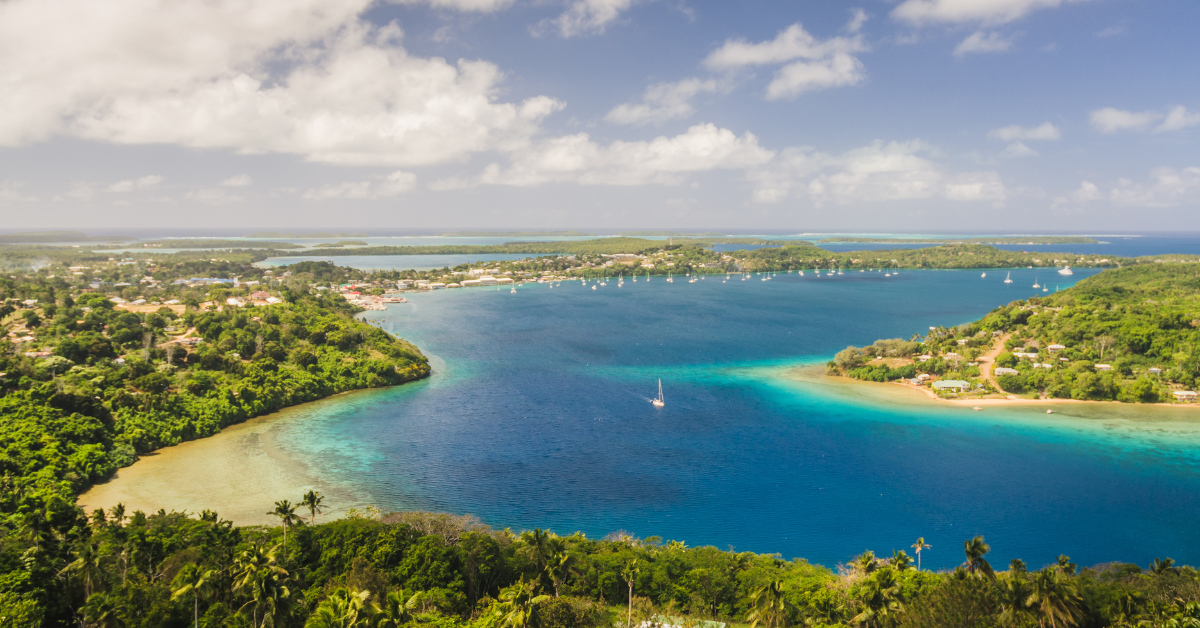The Kingdom of Tonga is known as the only monarchy in the South Pacific, a nation of rich traditions and warm people. In Japan, it is usually written in katakana as “トンガ,” yet it can also appear in kanji as “湯加.” This unique form originates from Chinese phonetic transcription, symbolizing linguistic ties across East Asia. This article explores the origin of “湯加” and the Japanese perception of Tonga, through its culture, sports, and people.
The Meaning Behind Tonga’s Kanji Representation “湯加”
The kanji “湯加” is derived from a Chinese phonetic transliteration. In Chinese, foreign place names are often represented using characters that approximate their pronunciation, and “湯加 (Táng jiā)” closely resembles the sound of “Tonga.” Although not officially used in Japanese, this notation occasionally appears in news articles or academic writings.
Phonetic transcriptions like this are common throughout East Asia. The table below shows how other Pacific island nations are represented in Chinese:
| Country | Chinese Representation | Pronunciation | Japanese Name |
|---|---|---|---|
| Tonga | 湯加 | Táng jiā | トンガ |
| Samoa | 萨摩亚 | Sàmòyà | サモア |
| Fiji | 斐济 | Fěijì | フィジー |
Such phonetic transcriptions prioritize sound reproduction over meaning, emphasizing how the word is pronounced rather than what it signifies. Nonetheless, the use of kanji imparts a visual and cultural familiarity that resonates with readers across Asia.
Overview of the Kingdom of Tonga
The Kingdom of Tonga lies in the heart of the South Pacific and is made up of roughly 170 islands, about 40 of which are inhabited. Its capital, Nuku’alofa, is located on the island of Tongatapu. With a population of about 100,000, Tonga stands out as the only monarchy in the Pacific that has maintained its independence throughout history.
| Category | Information |
|---|---|
| Country | Kingdom of Tonga |
| Capital | Nuku’alofa |
| Population | Approx. 100,000 |
| Languages | Tongan, English |
| Government | Constitutional Monarchy |
| Currency | Paʻanga (TOP) |
The royal family holds a central role in Tongan identity. Royal ceremonies, traditional dances such as Lakalaka and Meke, and communal gatherings are integral parts of life, reflecting a culture built on respect and unity.
The Japanese Perception of Tonga
For many Japanese people, Tonga is most closely associated with sports, particularly rugby. Tongan players are known for their strength, discipline, and humility, qualities that have earned admiration in Japan.
| Field | Traits of Tongan Athletes | Japanese Perception |
|---|---|---|
| Rugby | Strong, team-oriented | Brave and sincere |
| Sumo | Respectful and disciplined | Serious and hard-working |
| Track and Field | Fast and agile | Energetic and positive |
Beyond sports, Tongans are admired for their strong sense of family and faith. Christianity plays a vital role in daily life, and Sundays are observed as sacred days of rest, when most shops and offices close. To Japanese people, this conveys an image of a calm, principled society built on devotion and respect.
Relations Between Japan and Tonga
Japan and Tonga established diplomatic relations in 1970, and their friendship has since flourished through cooperation in education, disaster prevention, and healthcare. Japan’s Official Development Assistance (ODA) has supported Tonga’s national development through technology and infrastructure.
| Field of Cooperation | Japan’s Contribution | Impact |
|---|---|---|
| Education | School construction, educational materials | Improved literacy and schooling |
| Disaster Prevention | Installation of tsunami warning systems | Enhanced safety and preparedness |
| Healthcare | Medical equipment and training | Strengthened national healthcare system |
Sport also plays a crucial role in their relationship. Tongan rugby players and sumo wrestlers have become cultural ambassadors, bridging the two nations through respect and mutual admiration. Their success in Japan embodies a deeper connection that transcends language or geography.
The Charm and Tourism of Tonga
Known as the “Last Kingdom of the South Pacific,” Tonga retains much of its pristine natural environment. Its crystal-clear waters, coral reefs, and sandy beaches attract travelers seeking authentic island experiences. One of the nation’s most popular attractions is whale watching, where visitors can witness majestic humpback whales swimming with their calves between June and November.
Equally captivating is the warmth and hospitality of the Tongan people. The concept of “Fakaʻapaʻapa” (respect) defines social relationships, and visitors are often treated as family members.
| Attraction | Description |
|---|---|
| Nature | Whale watching, coral diving |
| Culture | Traditional dances, tapa cloth making |
| People | Warm, respectful, and welcoming |
| Cuisine | Fresh seafood and taro dishes |
Tonga’s unspoiled nature and community-centered lifestyle allow visitors to experience a genuine South Pacific culture that remains untouched by mass tourism.
Tonga’s Sporting Spirit and the Dreams of Its Youth
In Tonga, sports are an essential part of life. From a young age, children grow up playing rugby in schools and communities, where sports teach discipline, teamwork, and pride. Family and neighbors often gather to cheer, making local tournaments major social events.
Many young Tongans pursue education and athletic dreams in Japan, where they learn not only sportsmanship but also academic and cultural values. Their presence fosters mutual respect and friendship. The Tongan philosophy of sport emphasizes not only victory but also gratitude, humility, and respect—values that resonate strongly in Japan.
Conclusion
The kanji “湯加” is more than a phonetic rendering—it represents a symbol of cross-cultural understanding. The image of Tonga in Japan has been shaped through sports, culture, and shared values of sincerity and family.
Through rugby, sumo, and other exchanges, Tonga and Japan have built a relationship grounded in mutual admiration and respect. Tonga’s balance of nature, tradition, and human warmth continues to attract the hearts of Japanese people.
Though small in size, Tonga carries a great spirit and deep pride, a spirit that transcends oceans and continues to strengthen the friendship between the two nations.






